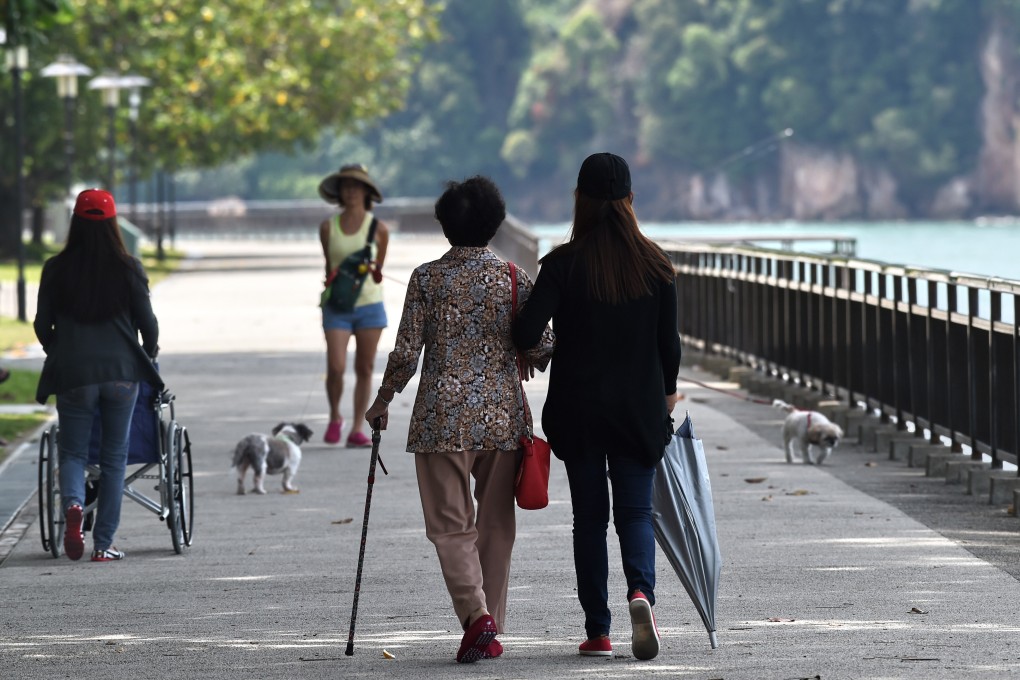Opinion | How society can help working care providers handle coronavirus pandemic strain
- The inevitable increase of the burden of care during the pandemic affects employees who are pulled between their personal and professional responsibilities
- Company- and government-level interventions are essential to creating an environment where people with caring responsibilities feel supported

What has received less attention is the impact of the pandemic on people who carry out other types of caring responsibilities. Because of a combination of cultural norms, family values and the limited availability of state support for care, the burden of care in East Asia is disproportionately placed on the family and, within them, women in particular.
In the workplace, this inevitable increase of the burden of care affects employees who are pulled between their personal and professional responsibilities. Negative consequences for these employees can include heightened stress, depression, lack of engagement, presenteeism and more serious forms of mental illness.
These in turn affect coworkers and leaders who themselves might have caring responsibilities. As former US first lady Rosalynn Carter said, “There are only four kinds of people in the world: those who have been caregivers, those who are currently caregivers, those who will be caregivers and those who will need caregivers.”

